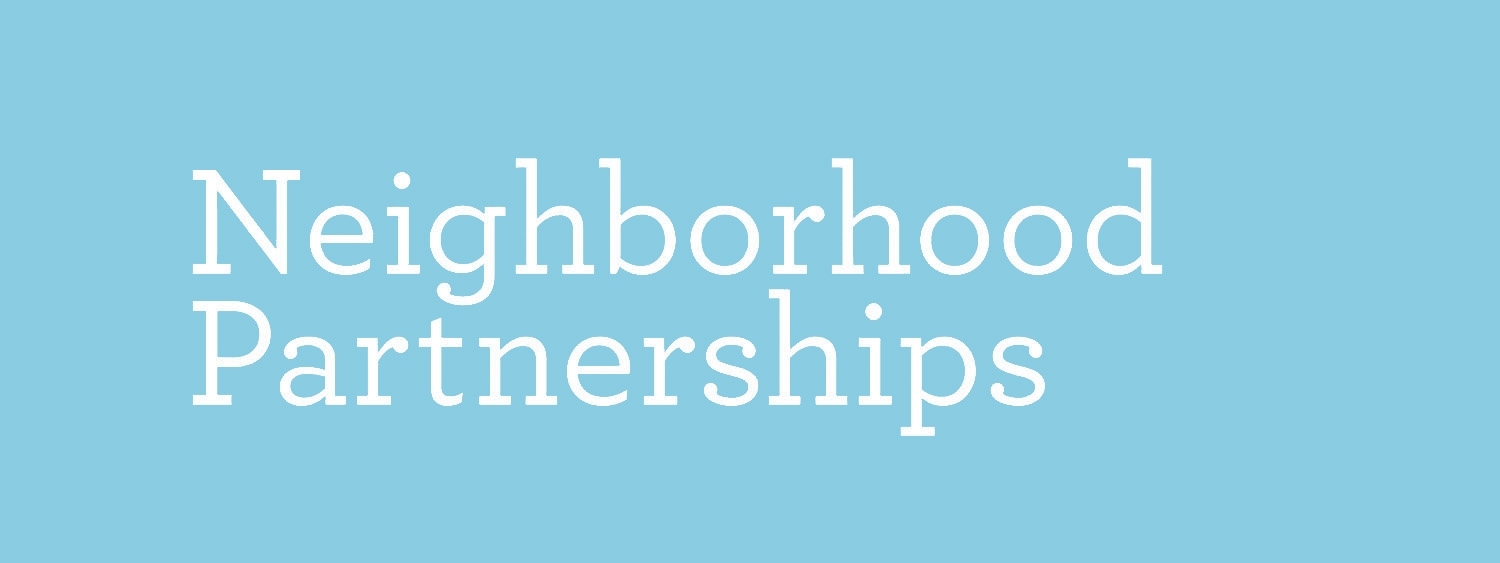2020 Housing Alliance Endorsements
In addition to our priority agenda, the Housing Alliance supported a number of proposals from members, advocates, and Legislators. These proposals create resources and programs to help people access stable housing, develop more affordable housing, stabilize families in their homes, and address homelessness. In 2020, the Housing Alliance endorsed:
Debt based suspension of drivers licenses (HB 4065): Suspending driver licenses for inability to pay fines keeps people from being able to pay their debts and can trap people in a cycle of poverty. Oregon currently suspends people’s drivers licenses because someone could not pay fines from a traffic ticket, like not using their turn signal or having a headlight out. The Legislature should pass HB 4065 and end the practice of suspending drivers licenses for the inability to pay the fines and fees. This bill did not pass during the regular 2020 session, however, it did pass during the first special session as HB 4210.
Fair Housing Enforcement (SB 1534): Today, Oregonians who experience housing discrimination must ask for assistance from the US Department of Housing and Urban Development to challenge violations of federal fair housing law. The Legislature should pass SB 1534, and change the law to allow Oregon Labor and Industries to enforce federal fair housing law on behalf of the federal government. Oregonians would be better served and protected from unlawful housing discrimination. This bill did not pass due to the early end to the 2020 Legislative session.
Increase Support for the Independent Living Program (HB 4120): Young people in the foster care system deserve the opportunity to learn the skills necessary to transition into adulthood. Oregon’s Independent Living Program (ILP) is designed to help youth transitioning out of foster care to gain these skills while establishing supportive relationships. The Legislature should pass HB 4120, and invest $2 million to stabilize ILP providers, including support to transition into their own housing. This bill did not pass due to the early end to the 2020 Legislative session.
Youth Homelessness (HB 4039): Oregon has one of the highest rates of youth homelessness, including youth in the K-12 system, youth exiting the foster care system, and unaccompanied youth. The Legislature should pass HB 4039, which invests resources in three program areas: (1) $300,000 to conduct a needs assessment, and begin planning for a continuum of services; (2) $1.2 million to expand the host home network, which provides a home for unaccompanied homeless youth while they finish high school; and (3) $1 million to expand existing shelter, mental health, transitional housing, and other services for Runaway and Homeless Youth. This bill did not pass due to the early end to the 2020 Legislative session.
211 Info Service Expansion: 211Info provides basic service navigation through phone services. 211Info is requesting $1.58 million from the Legislature to expand services and staffing to operate 24 hours a day, 7 days a week, and give people access to 211 Info via text, calls, and emails. In addition, the proposal would hire 8 local coordinators to build relationships in rural areas to allow for stronger information in the database and cross-sector collaboration. This bill did not pass due to the early end to the 2020 Legislative session.
Increasing funding for safe, stable and affordable housing (HJR 203): Many other states use Real Estate Transfer Fees to fund affordable housing. Oregon banned this as an option to fund affordable housing in 2012. HJR 203 would refer to voters a constitutional amendment which would allow the Legislature to impose a state real estate transfer fee for the purposes of funding affordable housing. This bill did not pass due to the early end to the 2020 Legislative session.
Rural System Development Charges (HB 4084): System development charges are part of developing any new housing, and for affordable housing, it is another source for which to secure funding. SDCs pays for infrastructure to support new development. HB 4084 would allocate $750,000 to Oregon Housing and Community Services to support funding for system development charges in rural communities. This bill did not pass due to the early end to the 2020 Legislative session.
Healthy Homes (SB 1532): For seniors, people with disabilities, and people with low incomes who own their homes, small investments can make a big difference to maintain safety and stability. Across Oregon, low-income homeowners are living in homes that are unsafe and may be forced to choose between paying their mortgage or putting food on the table. The need for critical repair can prevents the implementation of energy-efficiency improvements that lower energy use and utility bills, or critical accessibility adaptations for people experiencing disabilities. The Legislature should pass SB 1532, and commit $4 million to address these critical home repair and health and safety needs. This bill did not pass due to the early end to the 2020 Legislative session.
Accessory Dwelling Unit (ADU) Pilot Program: Small Homes Northwest is a scalable replicable demonstration project that will build ADUs to support financial stability for modest income homeowners and create an affordable rental home, while preventing displacement. A one-time allocation of $1,000,000 will build 15 new small homes, ten in metro Portland and five outside the metro area, and demonstrate that this scalable replicable model is a viable, equitable and efficient use of funds. This bill did not pass due to the early end to the 2020 Legislative session.
Home Ownership Limited Tax Exemption (SB 1531): The Home Ownership Limited Tax Exemption (HOLTE) is a local option property tax exemption authorized by the Legislature. The authorization allows a property tax exemption for newly constructed, owner-occupied single unit housing for purchase, and limits the income and sales price of the home. The current law only allows two years from the time of application to completed development to ensure the exemption remains in place. This proposal is a technical fix to address problems with implementation, and would amend statute to allow a city to grant a case-by-case extension by up to 24 months, if the applicant can document progress. This bill did not pass due to the early end to the 2020 Legislative session.
Septic Loan Program (HB 4070): The Septic Loan Program, operated by Craft3 through a contract with Department of Environmental Quality, helps homeowners replace their septic systems. Failing septic systems have impacts on household stability, environmental quality, and are expensive to fix. A low- or no-interest loan can help households with low incomes to replace their septic system without serious financial hardship. The Legislature should pass HB 4070, and commit $4 million to help this loan fund continue to continue to support homeowners, particularly those with lower incomes. This bill did not pass due to the early end to the 2020 Legislative session.
Addressing Racial Disparities in Homeownership (HB 4003): In 2018, the Legislature created a Task Force to Address Racial Disparities in Homeownership. In 2020, HB 4003 includes: 1) grants and technical assistance to organizations to increase access to homeownership for communities of color, including education and training; 2) an update to the definition of people of color; 3) additional resources to the Oregon Individual Development Account (IDA) Initiative specifically to support access by people saving for homeownership; 4) training for real estate professionals on implicit bias; and 5) a continuation of the Task Force for an additional year. This bill did not pass due to the early end to the 2020 Legislative session.



